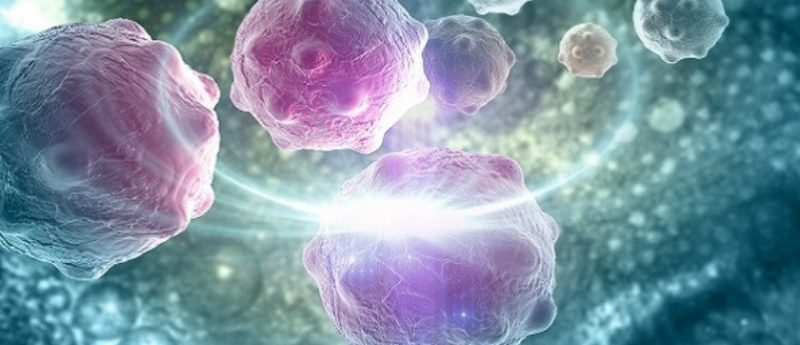Is EGF receptor–tyrosine kinase inhibitor therapy in non-small-cell lung cancer patients with EGFR mutations the best option?

In non-small-cell lung cancer (NSCLC), the discovery that EGF receptor (EGFR) signaling plays a key role in regulating cell proliferation, differentiation and tumorigenesis has emphasized the importance of targeted therapy. Small molecule tyrosine kinase inhibitors of EGFR (EGFR–TKIs), such as gefitinib and erlotinib, compete with ATP for binding to the tyrosine kinase pocket of the receptor, thereby inhibiting receptor kinase activity and EGFR signaling.
Early clinical trials showed that specific NSCLC patient populations experienced a rapid, remarkable and durable response to EGFR–TKI treatment [1]. Clinical characteristics associated with high EGFR–TKI response rates include female gender, Asian ethnicity, never-smoker status and adenocarcinoma [2]. In 2004, several groups demonstrated that remarkable response rates to EGFR–TKIs were seen in NSCLC patients who harbored somatic mutations in EGFR [3–5]. Subsequently, several Phase II trials of EGFR–TKIs in NSCLC patients with EGFR mutations demonstrated a favorable overall response rate. We performed an integration analysis of data from seven clinical trials of gefitinib in NSCLC patients in Japan and showed that overall response rate and progression-free survival (PFS) time in response to gefitinib were 76.4 and 9.7 months, respectively [6]. The substantial clinical benefits of gefitinib led to a Phase III trial to compare the efficacy of first-line gefitinib versus cisplatin plus docetaxel for the treatment of advanced NSCLC patients with EGFR mutations (WJTOG 3405) [7]. The gefitinib group had significantly longer PFS than the cisplatin plus docetaxel group, with a median PFS of 9.2 versus 6.3 months (hazard ratio [HR]: 0.489; p < 0.0001). At approximately the same time as the WJTOG 3405 study, the NEJ002 study confirmed that PFS, the primary end point, was significantly longer in the gefitinib group than in the carboplatin plus paclitaxel group (10.8 vs 5.4 months; HR: 0.30; p < 0.001) [8]. Furthermore, two Phase III trials revealed the PFS benefit of erlotinib compared with standard chemotherapy. In the OPTIMAL study, which was conducted in China, the erlotinib arm had significantly longer PFS than the carboplatin plus gemcitabine arm, with a median PFS of 13.1 versus 4.6 months (HR: 0.16; p < 0.001) [9]. Another Phase III trial (EURTAC) also demonstrated the PFS benefit of erlotinib compared with standard chemotherapy (9.7 vs 5.2 months; HR: 0.37; p < 0.001) [10].
Click here to view full article.




